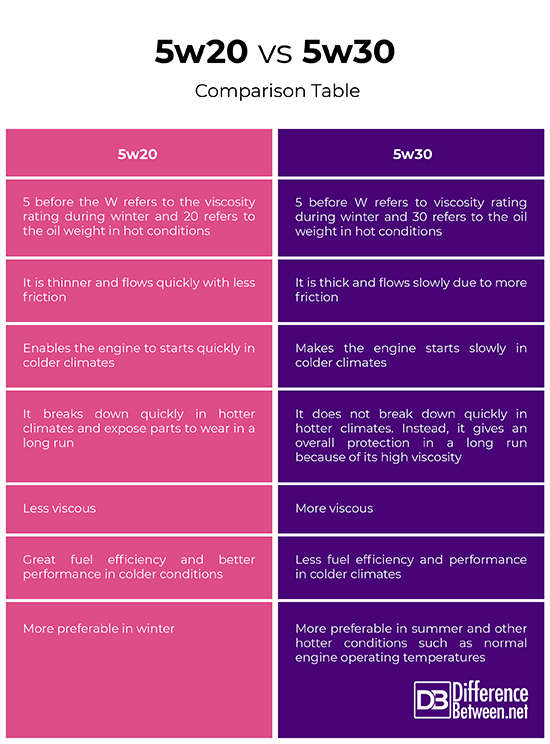Why is It Important to Use Correct Engine Oil? Using the correct engine oil is crucial for the performance and longevity of your vehicle. Engine oil plays a vital role in lubricating, cleaning, cooling, and protecting the moving parts of your engine. Without the right oil, your engine can suffer from various issues, including damage, reduced performance, and even failure. In this article, we will explore the importance of using the correct engine oil and the consequences of using the wrong oil.
1. Lubrication:
One of the primary functions of engine oil is to lubricate the moving parts of the engine. These parts, such as the pistons, camshaft, and crankshaft, rub against each other at high speeds. Without proper lubrication, friction between these parts increases, leading to excessive wear and tear. The correct engine oil forms a protective layer between these parts, reducing friction and ensuring smooth operation.
2. Cleaning:
Engine oil also acts as a cleaning agent, removing dirt, debris, and contaminants from the engine. As the oil circulates, it picks up these particles, preventing them from accumulating on the engine components. If the wrong oil or dirty oil is used, it may not be able to effectively clean the engine, resulting in the formation of sludge and deposits. These deposits can clog the narrow oil passages, leading to reduced oil flow and potential engine damage.
3. Cooling:
Engine oil helps in dissipating heat generated by the engine. As the oil circulates, it absorbs heat from the engine components and carries it away. This cooling effect prevents the engine from overheating, which can cause severe damage. Using the correct engine oil ensures that the oil has the right viscosity and additives to effectively cool the engine, maintaining optimum operating temperatures.
4. Protection:
In addition to lubrication, cleaning, and cooling, engine oil provides protection to the engine components. The correct oil contains additives that form a protective film on the metal surfaces, preventing corrosion and wear. This protective film also helps to reduce noise and vibrations, providing a smoother and quieter engine operation. Using the wrong oil or low-quality oil can compromise the protection offered to the engine, leading to increased wear and potential breakdown.
5. Fuel Efficiency:
Using the correct engine oil can also improve fuel efficiency. When the engine is properly lubricated and the components are working smoothly, there is less friction and resistance, resulting in better fuel consumption. On the other hand, using the wrong oil or dirty oil can increase friction and resistance, causing the engine to work harder and consume more fuel. By using the correct engine oil, you can maximize your vehicle’s fuel efficiency and save money on fuel costs.
Consequences of using the wrong engine oil:
Using the wrong engine oil can have severe consequences for your vehicle. Here are some potential issues that can arise:
1. Engine Damage:
Different engines have specific requirements for oil viscosity and additives. Using the wrong oil can lead to inadequate lubrication, causing excessive friction and wear on the engine components. Over time, this can result in irreversible damage to the engine, leading to costly repairs or even engine failure.
2. Reduced Performance:
Using the wrong oil can negatively impact your vehicle’s performance. The engine may not operate as efficiently, leading to decreased power and acceleration. You may also experience increased engine noise and vibrations. Overall, the wrong oil can hinder the performance and drivability of your vehicle.
3. Increased Fuel Consumption:
When the engine is not properly lubricated with the correct oil, it can lead to increased friction and resistance. This extra effort required by the engine can result in higher fuel consumption. Using the right engine oil ensures that your vehicle operates at its optimal efficiency, reducing fuel consumption and saving you money in the long run.
4. Starting Issues:
Using the wrong oil can make it difficult for your vehicle to start, especially in colder temperatures. The wrong viscosity can cause the oil to become too thick or too thin, making it harder for the engine to turn over. This can lead to prolonged cranking and potential starting problems.
5. Voiding Warranty:
Using the wrong engine oil can also void your vehicle’s warranty. Manufacturers specify the type of oil that should be used to ensure proper engine performance and longevity. If you use a different oil that does not meet the manufacturer’s specifications, it can void your warranty, leaving you responsible for any repairs or damages.
Conclusion:
Using the correct engine oil is essential for maintaining the performance, efficiency, and longevity of your vehicle. It provides lubrication, cleaning, cooling, and protection to the engine components, ensuring smooth operation and preventing damage. Using the wrong engine oil can lead to various issues, including engine damage, reduced performance, increased fuel consumption, and starting problems. To avoid these problems, always refer to your vehicle’s manual and use the recommended oil for your specific engine. Regular oil changes with the correct oil will help keep your engine running smoothly for years to come.
Read More: Why is Engine Oil Used?


